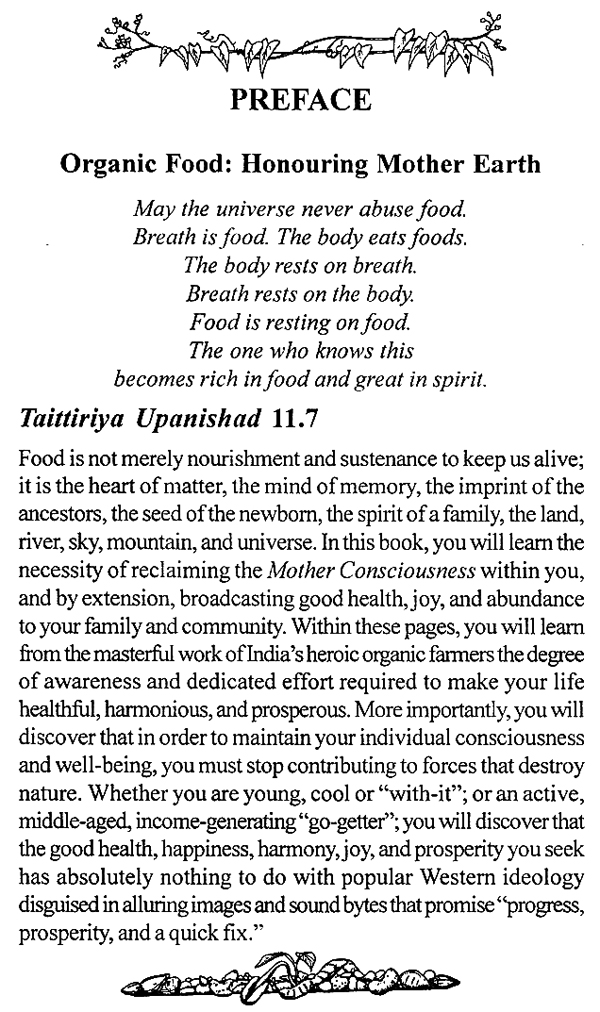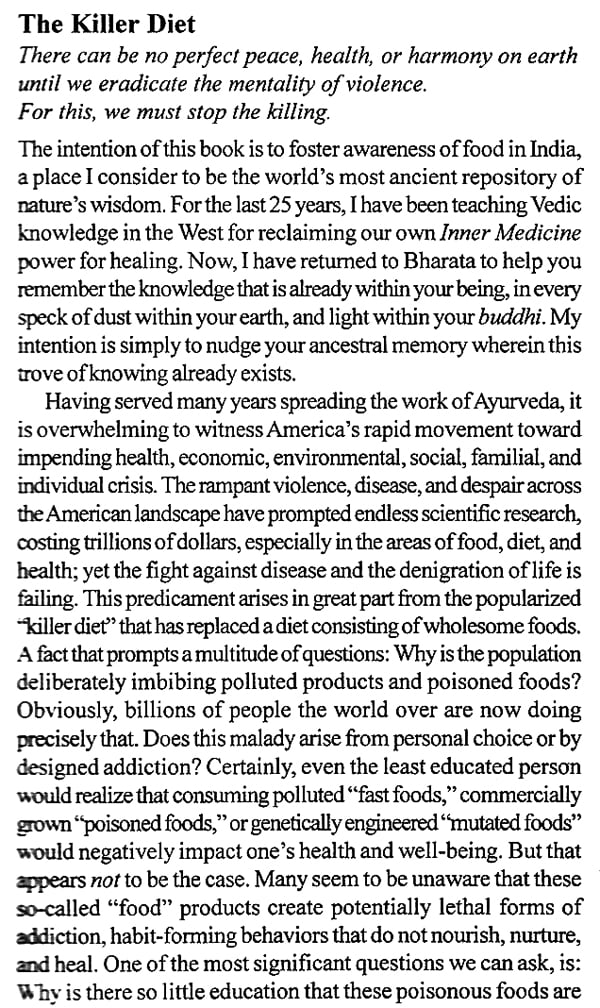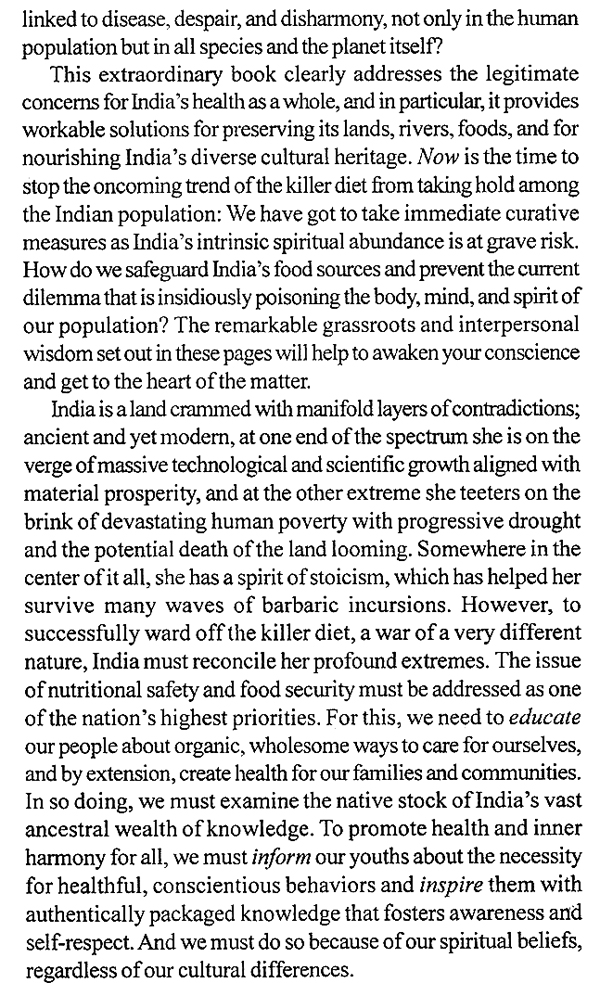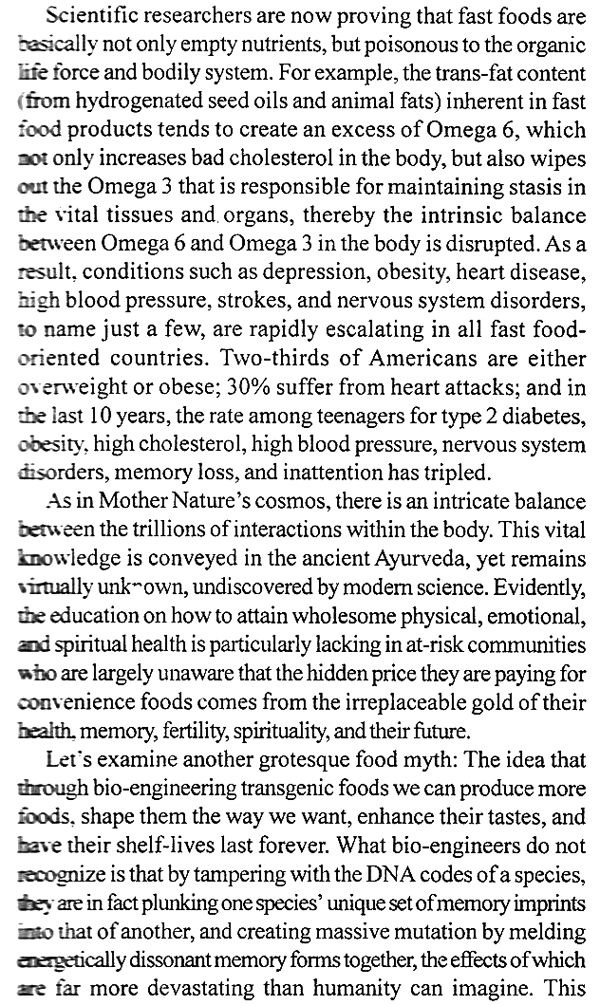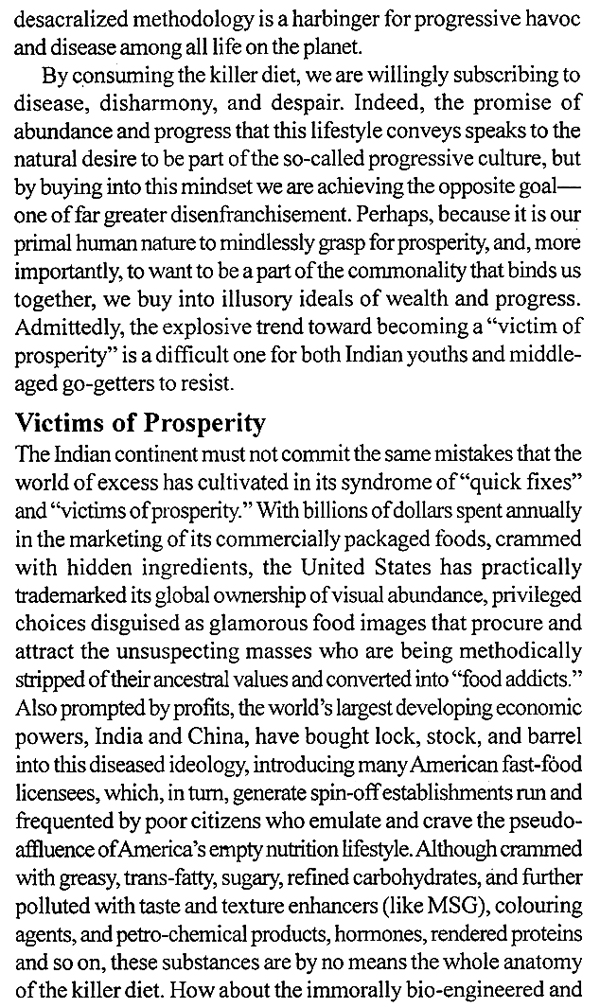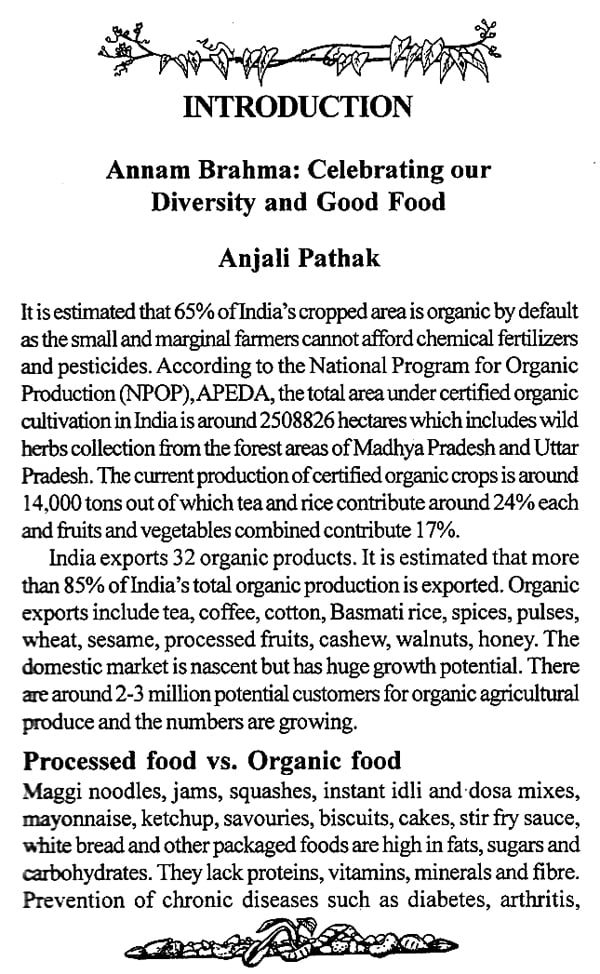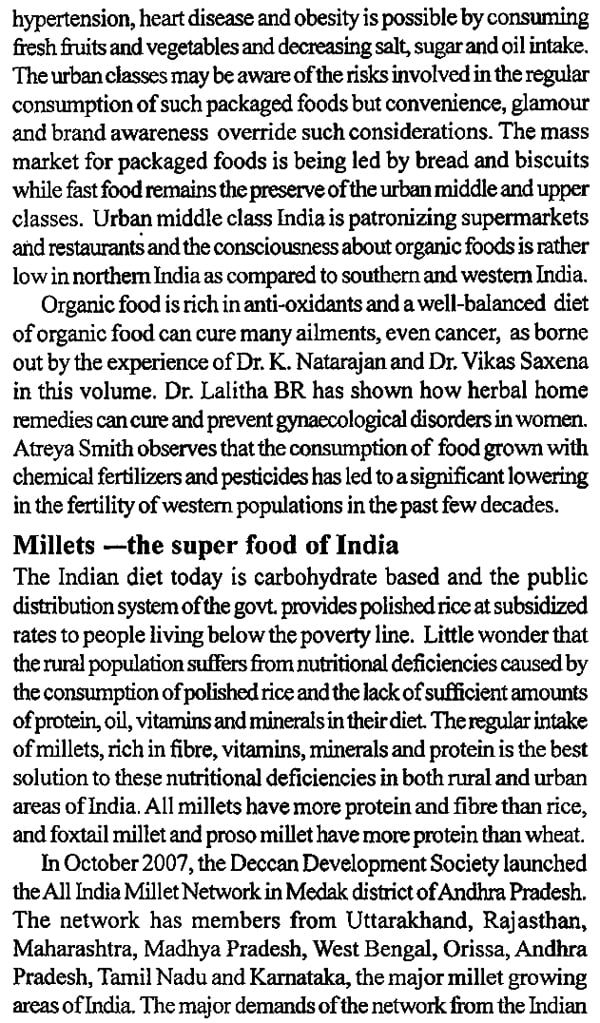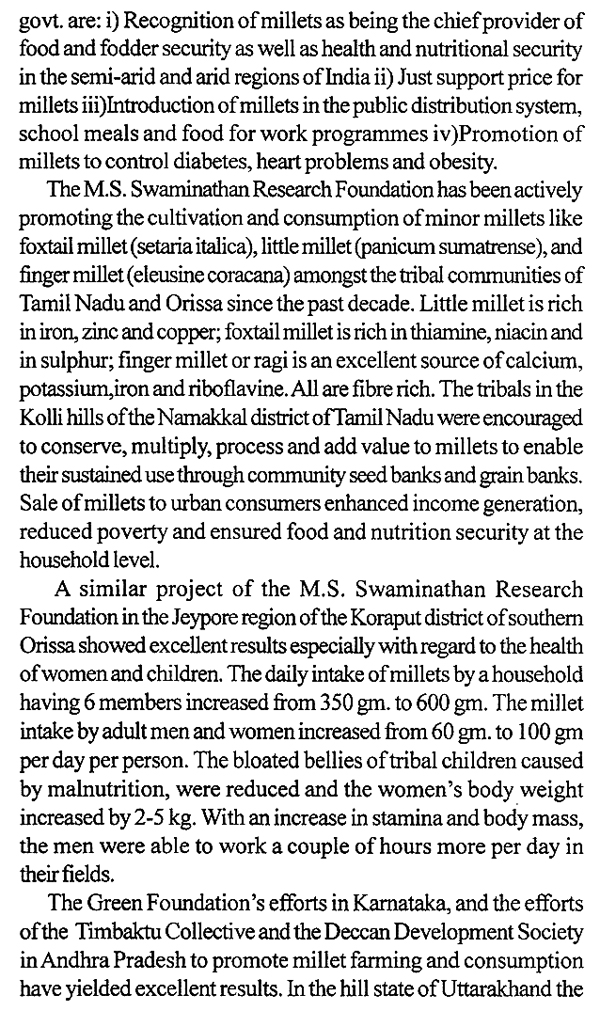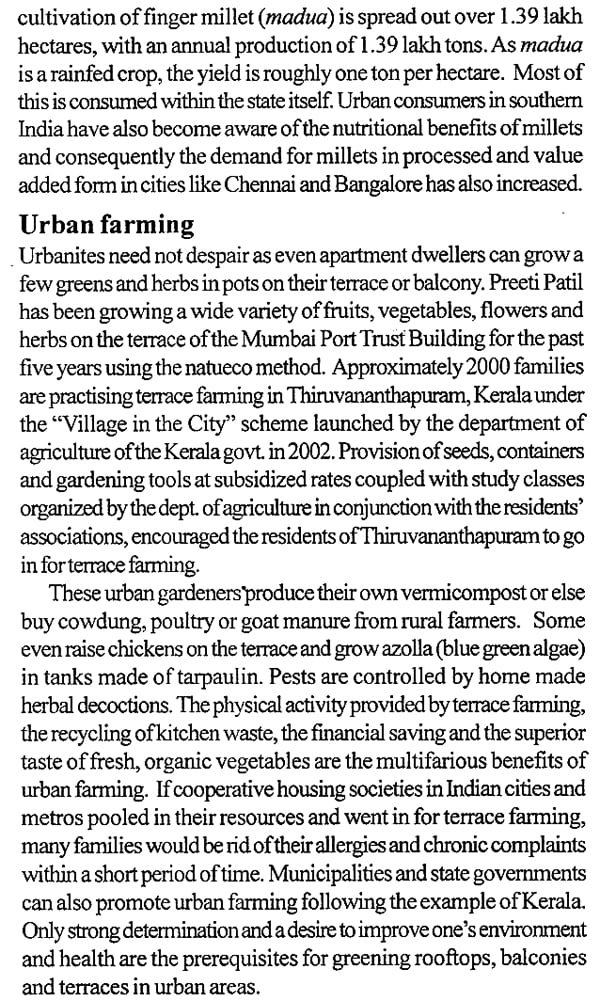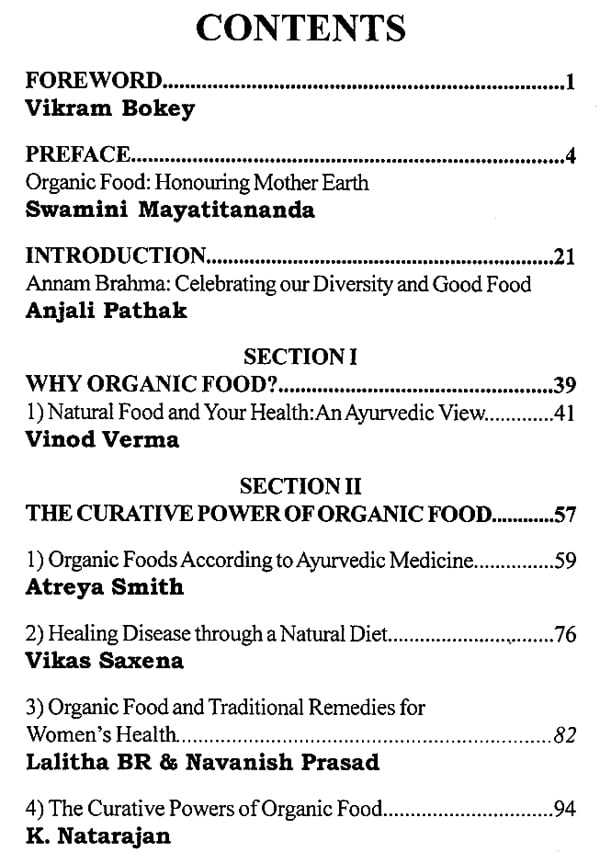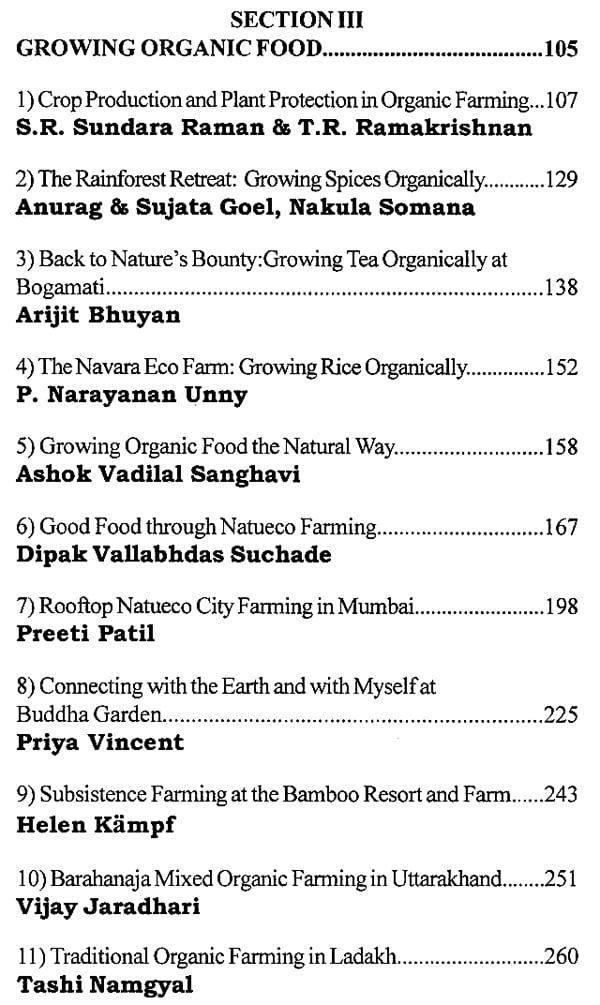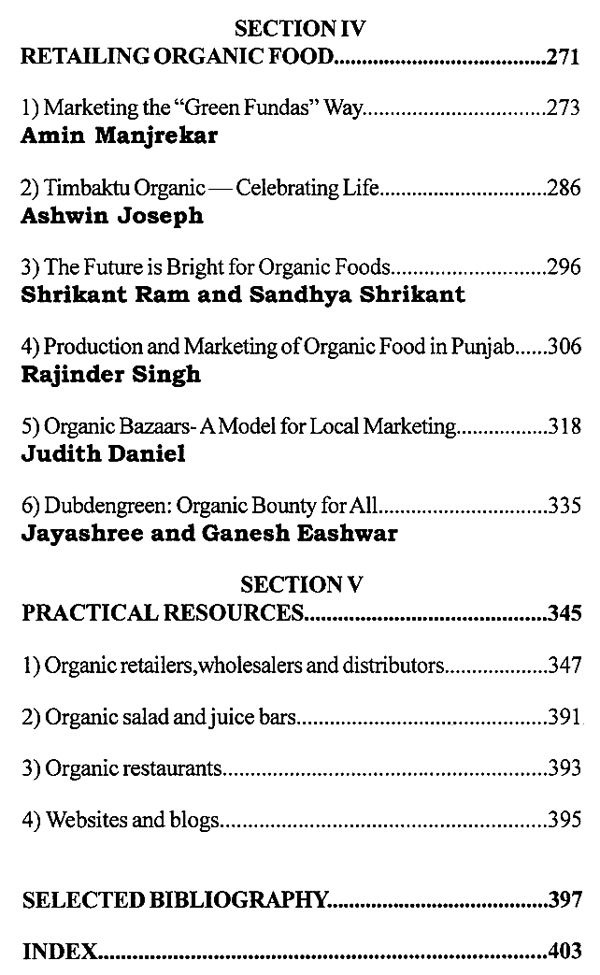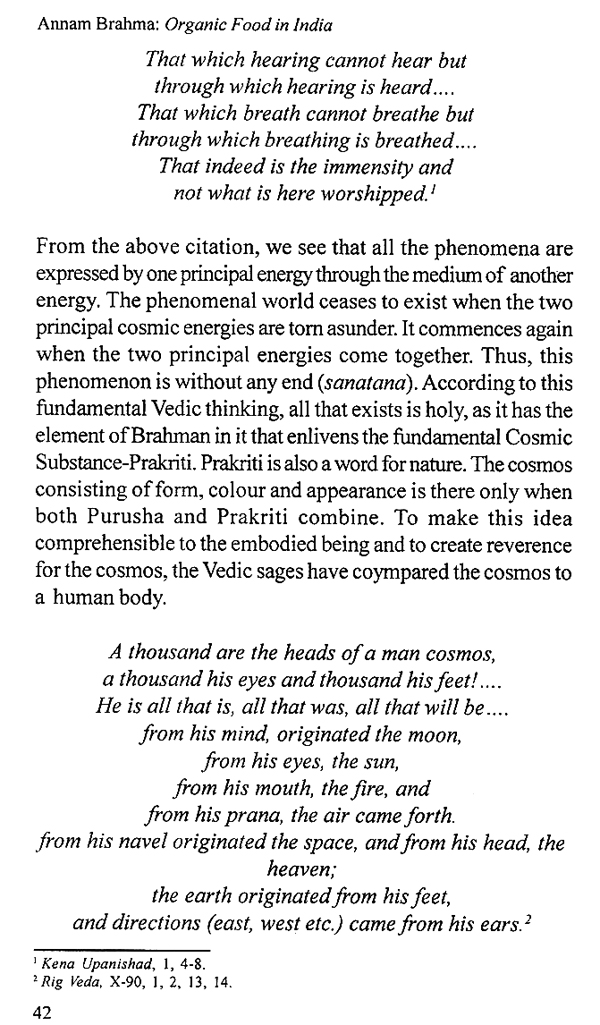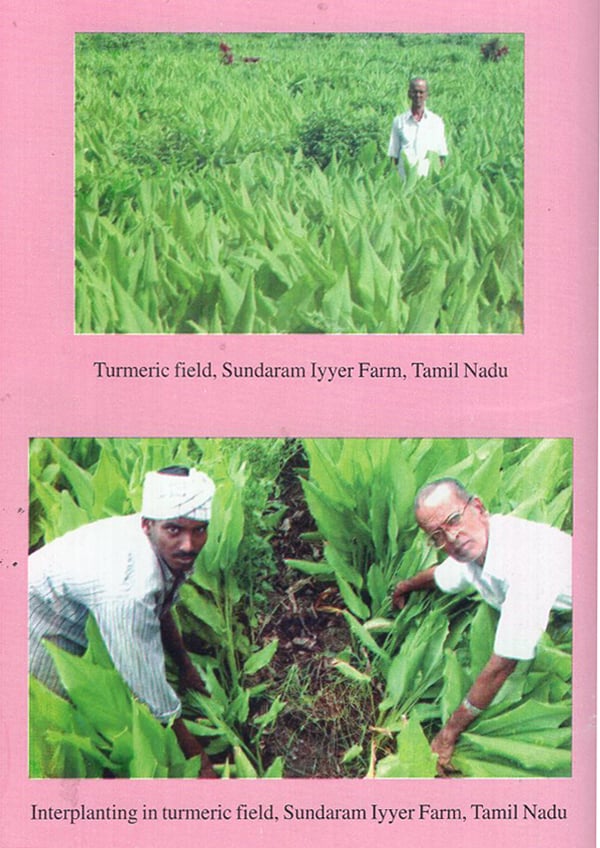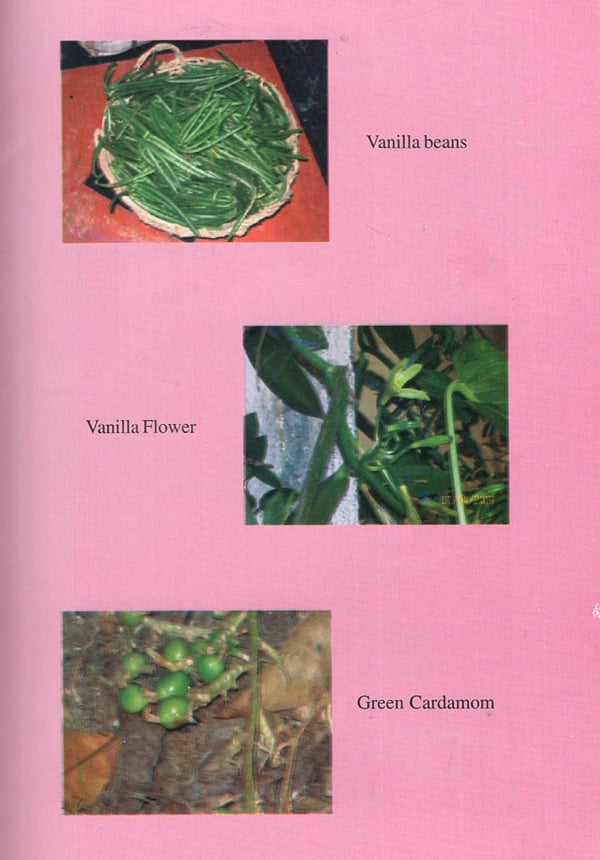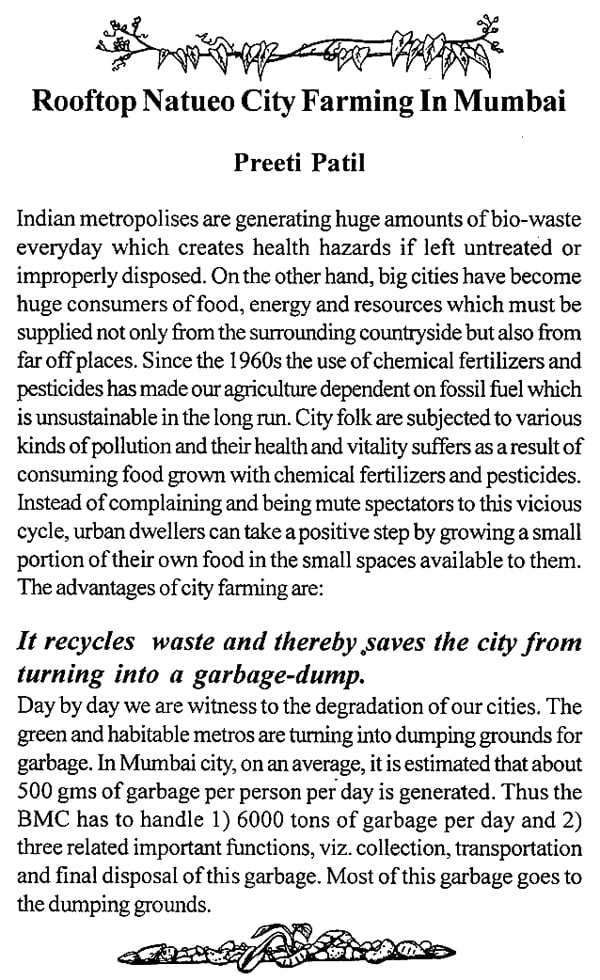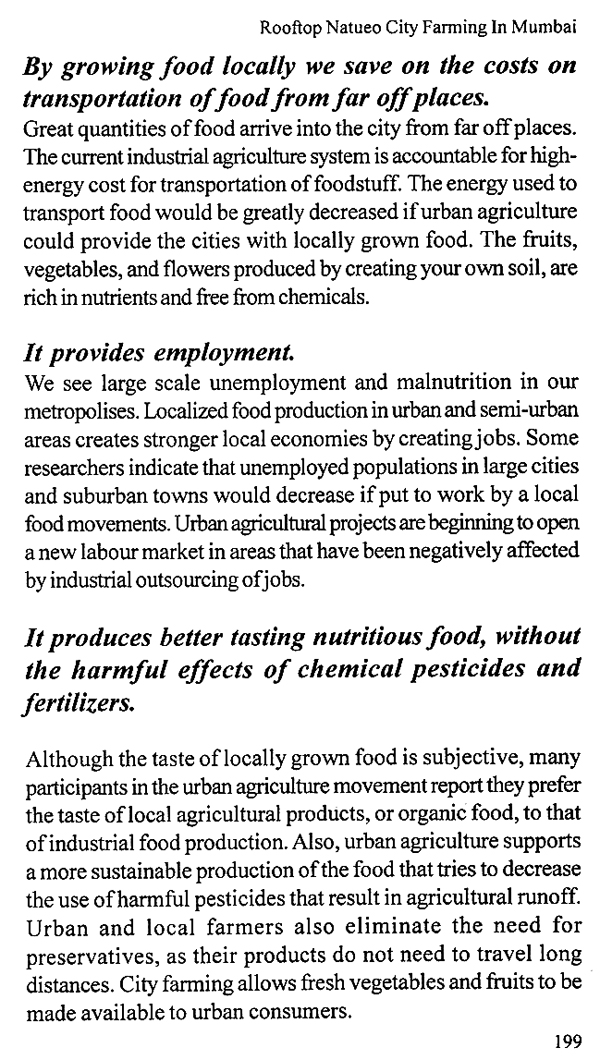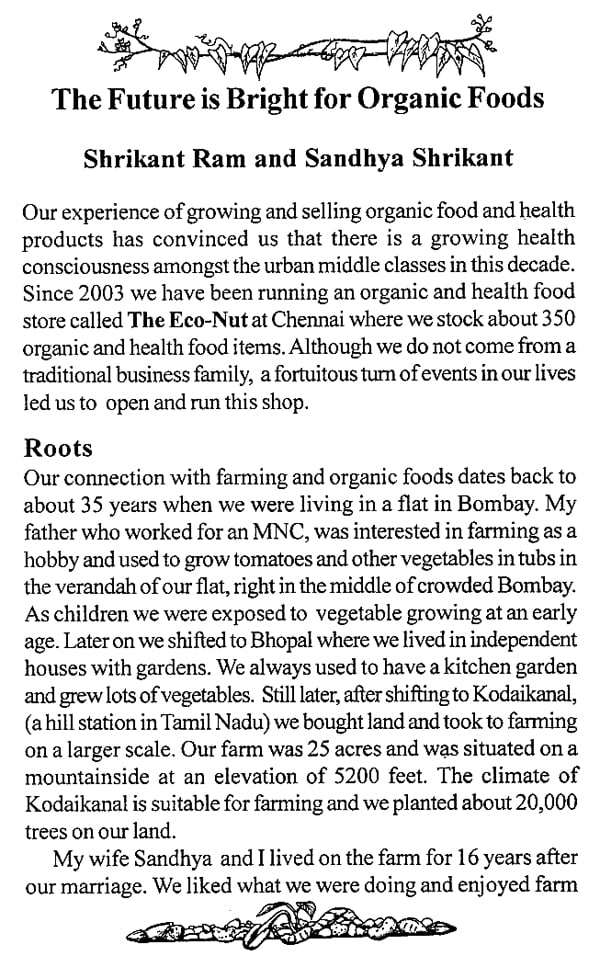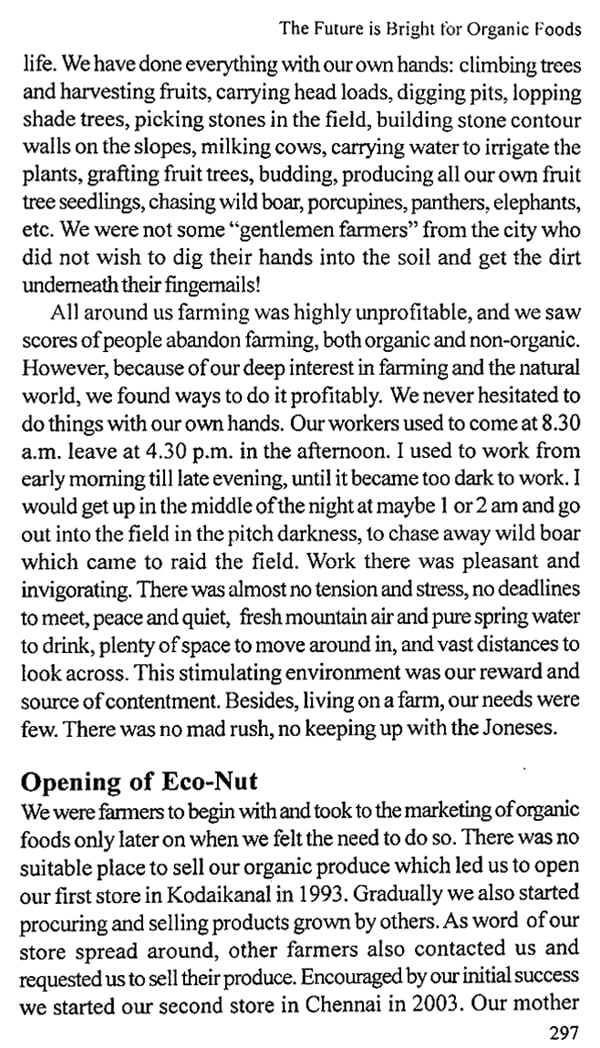
Annam Brahma: Organic Food in India
Book Specification
| Item Code: | NAY097 |
| Author: | Anjali Pathak |
| Publisher: | Pilgrims Publishing, Varanasi |
| Language: | English |
| Edition: | 2007 |
| ISBN: | 9788177698008 |
| Pages: | 421 (Throughout Color Illustrations) |
| Cover: | HARDCOVER |
| Other Details | 8.50 X 5.50 inch |
| Weight | 650 gm |
Book Description
In India, out of 8.94 crores farmer families, 4.34 crores are indebted. Farmer suicides are no more a regional problem but a national one. On an average, 48.6 % of the farmers in India are indebted. In the past few decades, government policies have focused merely on the increase of agricultural production, rather than the sustainable growth in the rural population's livelihood. It has been totally forgotten that the increase in the foodgrain production during the Green Revolution has resulted in making the Indian farmer highly indebted and resource poor in every respect. The only solution to this problem is sustainable, low cost agriculture. The adoption and implementation of sustainable agricultural technology will help to increase the net profit / income of the farmer, protect the environment, improve productivity of the soil and will also take care of the health of society, especially of the urban population. Therefore, the need of the hour is, sound technical literature, success stories, evidences or experiences to be documented and published.
Anjali Pathak has taken a lot of effort to do that effectively. The articles in this volume are informative not only for the farmers in the Rural Sector but also for the consumers in Urban Society. I am sure that the book will create a lot of interest amongst readers from all walks of life. The article on "Kalpavriksha Farm" of Hon. Bhaskar Saveji (village Dehri, Umbergaon, South Gujarat) is an Organic Pilgrimage. It has shown a pathway to health, wealth & happiness. This book is a guideline for farmers who are switching over from high input chemical farming to low cost Sustainable Organic. It shall help them to understand and implement, organic input production methods, mixed farming techniques, plant protection management and biodynamic methods. It is low cost agriculture, which must be the thumb rule to curb the farmer suicides. This publication is not crop specific. It covers many crops including cereals, pulses, vegetables, fruits, herbs, tea, spices etc. Anjali has very rightly considered Agricultural Systems as a whole and not any crop in isolation.
Articles on marketing of organic produce by a group of farmers with "Green Fundas" way, is really an ideal example for SHG of male and female farmers. Rooftop Natueco city farming in Mumbai illustrates effectively the importance of huge amounts of biowaste and its hazardous effect on the health of humankind. It provides awareness regarding the recycling of biowaste to produce nutritious food locally; this is also an avenue for generating urban employment. Intelligent marketing of organic produce is the second phase in our Organic Movement. In this respect, the articles on Timbaktu's efforts to improve local diets of the consumers, organic bazaars, organic health food stores run successfully by Shrikant & his family are ideal examples. These must be replicated in India. Anjali Pathak's efforts are highly appreciated. She has also included the articles on the importance of Panch Mahabhutas and its relationship with human health. It is a proven fact that organic food has curative powers against many ailments and it ultimately increases the life span.
It is a wonderful document, valuable for one and all. In fact, it the same ideology with which I left the Indian Police Service in the year 2000 and through the medium of the Maharashtra Organic Farming Federation (MOFF), which represents the farming community, number of NG0s, farmer scientists, thinkers etc., we are trying to uplift the livelihoods of farmers and bring about contentment in their otherwise hopeless lives. God Bless!
**Sample Pages**
